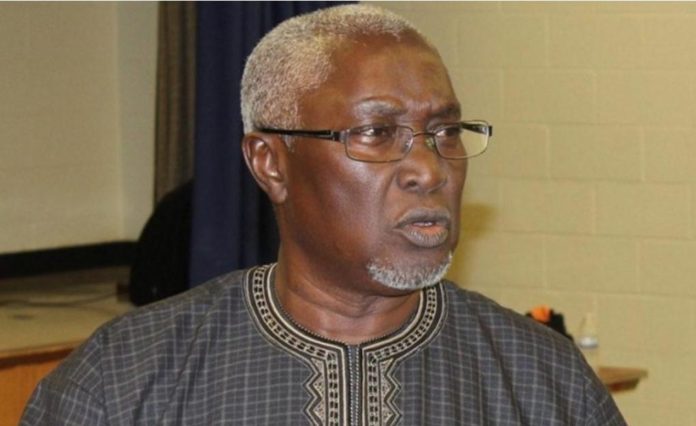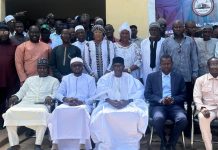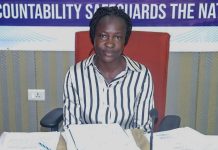By: Kebba AF Touray
The Minister for Agriculture, Omar A. Jallow, has extolled Members of the National Assembly for the maturity they have demonstrated during proceedings at the adjournment debate of the National Assembly.
“The quality of the discussion and the understanding of the issues makes me proud to say that we have a parliament that has lived up to expectations”, he said.
Mr. Jallow said during the first republic, Ministers except that of the Justice Ministry were parliamentarians and that was why all of them had to come to the national assembly to attend sittings; that this is not the issue now. He assured members of their presence during sittings of the National Assembly whenever the need arises; that Government cannot operate any function without Legislators.
On tractors, Mr. Jallow cited that the millions of dollars that were in the name of The Gambia on loans and grants and the millions taken by the KMC to buy tractors, were used to serve individual interests; that the most important thing is they were taken in the name of the Gambian taxpayer, who are paying the loans used to buy these tractors; that it is therefore necessary for the new Government to investigate and ensure that the tractors are used in the interest of the Gambian people.
He said the fertilizer arrived late last year due to the political impasse, but assured Legislatures that negotiations are ongoing and henceforth, fertilizer and seeds will be distributed in a minimum of 30 days before the coming of the first rains; that the long dry spell has affected crops such as groundnut, coos and millet, but that notwithstanding this some areas have excelled in groundnut production and at present they have bought many tons of groundnut, as opposed to the last three years. “The National Research Institute (NARI) and the seed secretariat have been charged to look into both short duration and more productive oriented seeds that will go with the production level that we envisaged for The Gambia”, he said
On road accessibility to rice fields and the transportation of products to the markets, he said they are rehabilitating many rice fields and roads to solve the problem of road accessibility; that efforts are underway in making sure the cooperative union and the cooperative departments are established.
He further said that they are trying to modernized, diversify and transform agriculture to be able to process and add value to the products in order to create job opportunities for the young people; that this is very important. He revealed his ministry’s plan of going into livestock, poultry and horticultural production to produce, especially horticultural in the country instead of importing and to export them. He urged the MPs not to leave things with them (Ministers); that they have the direct link with the farmers who they are representing; that they (ministers) are appointed by the head of state, while MPs are appointed by the people and their interests can be connected between the Executive and the people on the ground.
On the issue of Ousman Jammeh and Co., he said they should have consulted him even though although he is not the appointing authority; that this was why he told them to write back to these agencies and admit their mistakes, without which he cannot accommodate them.
He thanked the MPs and apologized on behalf of his fellow Ministers who spoke in the National Assembly on Thursday 28thDecember, and their statements did not go well with the Legislators; that the NA is their biggest and most important partner; that the president and the ministers are appointed by law and the laws are made by them; that the Ministry of Justice use those laws to carry out its functions.
“If anybody amongst us does not have respect for the Legislature, then you don’t have respect for The Gambia as a nation. I was a parliamentarian for 17 years and I know the importance of parliament. You are the people who make Government work and to whom we are answerable and the representatives of the Gambian people who elected the president, who established the Executive”, he concluded.





















